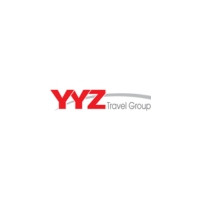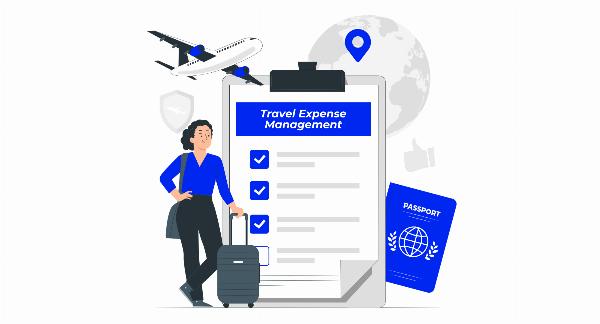Common Mistakes in Travel Expense Tracking and How to Avoid Them

Strong 8k brings an ultra-HD IPTV experience to your living room and your pocket.
Travel expense tracking is an integral part of business travel where a company tracks and reimburses the expenses of transportation, accommodation, and meals. However, many companies face difficulties in managing this task, especially where employees travel frequently.
This may lead to errors, overspending, and compliance issues. Though hiring an efficient business travel agency in Canada may help you to improve your overall travel efficiency and productivity, you need to understand the common expense tracking mistakes and how to address those issues to save money and effort.
This blog highlights some common pitfalls and strategies to avoid them.
Failure to track all expenses
One of the most common mistakes is to not record all expenses during a corporate trip.
This often happens when employees pay out-of-pocket for tiny requirements like snacks, tips, or public transportation and forget to report them. Over time, these small expenses may lead to inappropriate financial records and budgeting problems.
Solution: implement an all-inclusive tracking system
Train your employees with the latest tools and apps that will help them to log every expense in real time. Inspire them to use digital receipts so that they can easily report daily expenses.
Delayed expense reporting
Many employees don’t submit the report on-time, leading to a backlog of unprocessed claims. This may lead to financial inconsistencies and cash flow problems. Finance team may face more issues to maintain accurate records and reimburse employees quickly.
Set deadlines for submission
Set a deadline (for example, within a week of returning from a trip) by which every employee needs to submit the expense report. Use automated reminders and notifications to prompt employees to submit their reports on time.
Inconsistent policy adherence
An integrated travel policy plays a significant role in travel expense managing. Many employees are not fully aware of their travel guidelines or ignore them, leading to overspending and delays. This inconsistency is responsible for creating confusion and further complicates the approval process.
Regular training and clear communication
Don’t hide anything from your employees; rather let them know about the highest limitations for every category. Train your employees about travel expense policies and ensure they understand the importance of compliance. Make a clear and easy to understand travel guidelines and update them as per requirement.
Lack of proper documentation
Proper documentation is mandatory to auditing and measuring travel expenses. Missing or illegible receipts, vague descriptions, and incorrect entries can cause significant problems during the settlement process and might lead to compliance issues.
Solution: Enforce Documentation Standards
Implement stringent documentation standards that require employees to provide detailed receipts and descriptions for each expense. Encourage the use of digital receipts and cloud storage solutions to prevent loss and ensure that every entry is legible.
Overlooking tax Implications
Tax laws are different for various countries or states. These laws may impact your travel expenses significantly. If you don’t consider these tax implications, it may lead to non-compliance and potential fines.
Stays informed and consult experts
Keep abreast of the tax regulations in the regions where your employees travel. Consult with tax experts to ensure compliance and implement expense tracking systems that account for these variations.
Manual data entry errors
Relying on manual data entry is prone to human error, which can result in inaccurate records and additional work to correct mistakes. Typographical errors, duplicate entries, and missed information are common issues with manual processes.
Solution: use technology
Adopt automated expense tracking solutions that reduce the need for manual data entry in travel services. These tools can capture and process receipts, categorize expenses, and integrate with your financial systems to minimize errors.
Lack of audit trails
Without a proper audit trail, it’s challenging to verify expenses and ensure compliance. This lack of transparency can lead to fraudulent claims and financial discrepancies.
Solution: Implement Audit-Friendly Systems
Choose expense tracking systems that provide detailed audit trails, including timestamps, receipt images, and approval logs. Regularly audit expense reports to detect and address any discrepancies or fraudulent activities.
Conclusion
Effective travel expense tracking is essential for maintaining accurate financial records, ensuring compliance, and controlling costs.
By understanding and addressing common mistakes, businesses can improve their expense tracking processes and avoid costly errors. Implementing comprehensive tracking systems, enforcing clear policies, leveraging technology, and maintaining proper documentation are key strategies to achieve this goal.
YYZ Travel Corporate is a reputable business travel agency that manages and tracks your business travel expenses efficiently. Our travel advisors guide you through every step of corporate including booking, transportation arrangements, travel expense management and reporting.
Partner with YYZ Travel Corporate whenever you plan for your next business trips.
Note: IndiBlogHub features both user-submitted and editorial content. We do not verify third-party contributions. Read our Disclaimer and Privacy Policyfor details.



